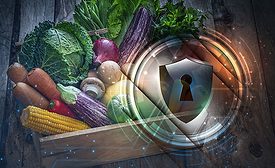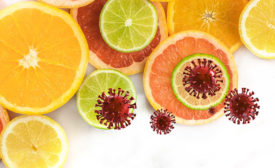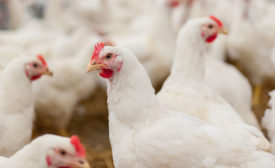Robert A. Norton Ph.D.
Robert Norton, Ph.D. is a Professor and National Security Liaison in the Office of the Vice President of Research and Economic Development at Auburn University. He specializes in national security matters and open-source intelligence, and coordinates research efforts related to food, agriculture, and veterinary defense.
ARTICLES
Food safety professionals must be aware of new challenges and vulnerabilities
Read More
COVID-19, the Food Supply, and Cybersecurity: Coalescing Concerns
COVID-19 dramatically disrupted the food supply, but we must be prepared to tackle new kinds of disruptions in the future.
February 16, 2022
View All Articles by Robert A. Norton Ph.D.
Never miss the latest news and trends driving the food safety industry
eNewsletter | Website | eMagazine
JOIN TODAY!Copyright ©2024. All Rights Reserved BNP Media.
Design, CMS, Hosting & Web Development :: ePublishing





